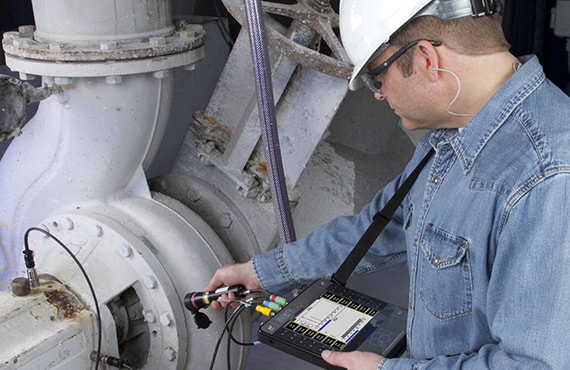EN 13274-7 – Respiratory Protective Device Particle Filter Test
The European Standard EN 13274-7 specifies the testing methods for respiratory protective devices (RPDs) to ensure their performance in filtering particulate matter. This standard is crucial for ensuring that RPDs provide adequate protection against various airborne contaminants, thereby safeguarding workers' health and safety in environments where air quality poses a significant risk.
The standard covers particle filters of various types, including those used in respirators such as half masks, full-face masks, and powered air-purifying respirators (PAPRs). The testing protocol is designed to assess the filter's efficiency under conditions that mimic real-world usage. This includes evaluating the filter’s ability to retain particulates of different sizes and densities, ensuring it meets stringent performance criteria.
The testing process involves placing a known quantity of test dust into a chamber where an RPD equipped with the specified particle filter is worn by a subject or in some cases, a mechanical breathing model. The chamber then captures any particles that bypass the filter. By comparing the amount of retained and escaped particulates, the efficiency percentage can be calculated.
Key aspects of EN 13274-7 include:
- Test Dust Types: Various types of dust are used to simulate different environmental conditions. These typically include synthetic mineral dusts like silicon dioxide (SiO₂) and aluminum oxide (Al₂O₃).
- Breathing Resistance: The standard also tests the breathing resistance that the RPD imposes on the wearer, ensuring it does not exceed a certain threshold to avoid discomfort.
- Filter Capacity: This refers to the maximum volume of particulates that can be captured by the filter before its efficiency drops below acceptable levels.
The protocol for this test is rigorous and follows strict guidelines laid out in EN 13274-7. Compliance with these standards ensures that RPDs are reliable, effective, and safe for use across various industries.
In the oil & gas sector, where workers may encounter hazardous materials like asbestos or silica dust, ensuring compliance with EN 13274-7 is paramount. The testing methods described in this standard help maintain high levels of worker safety by verifying that respirators meet the necessary performance criteria.
For quality managers and R&D engineers looking to ensure their products comply with international standards like EN 13274-7, Eurolab offers comprehensive testing services. Our expertise ensures accurate and reliable test results that can be trusted for regulatory compliance.
Eurolab Advantages
Expertise in Standards Compliance: With a deep understanding of EN 13274-7, Eurolab ensures that all tests are conducted according to the latest and most stringent standards. Our team of experts keeps up-to-date with any changes or updates to these regulations.
Comprehensive Test Capabilities: We offer a full range of testing services for respiratory protective devices, including particle filter performance assessments as per EN 13274-7. Our facilities are equipped with state-of-the-art instrumentation that provides precise and consistent results.
Confidence in Results: Eurolab’s commitment to accuracy and reliability means that our test results are highly trusted by quality managers, compliance officers, and R&D engineers alike. We provide detailed reports that not only meet regulatory requirements but also offer insights into areas for improvement.
Compliance Support: Our services go beyond just testing; we also support clients in ensuring their products comply with all relevant standards. This includes providing guidance on product design, material selection, and manufacturing processes to ensure long-term compliance.
Quality and Reliability Assurance
- Stringent Testing Protocols: Our laboratories adhere strictly to the protocols outlined in EN 13274-7, ensuring that every test is conducted with precision.
- Consistent Results: By using standardized procedures and high-quality equipment, we guarantee consistent and reliable results across all tests.
In addition to these technical advantages, Eurolab also ensures quality through robust internal audits and regular calibration of our instruments. These measures help maintain the highest standards in our testing processes.
Environmental and Sustainability Contributions
- Sustainable Testing Practices: We employ eco-friendly practices during our tests, minimizing waste and energy consumption.
- Educational Outreach: Through workshops and seminars, we educate clients on the importance of compliance with international standards like EN 13274-7, helping them make informed decisions that contribute to better environmental stewardship.
By ensuring robust testing practices, Eurolab plays a key role in promoting sustainable manufacturing processes within the oil & gas sector and beyond. Our commitment to quality and reliability not only enhances product safety but also supports broader sustainability goals.





